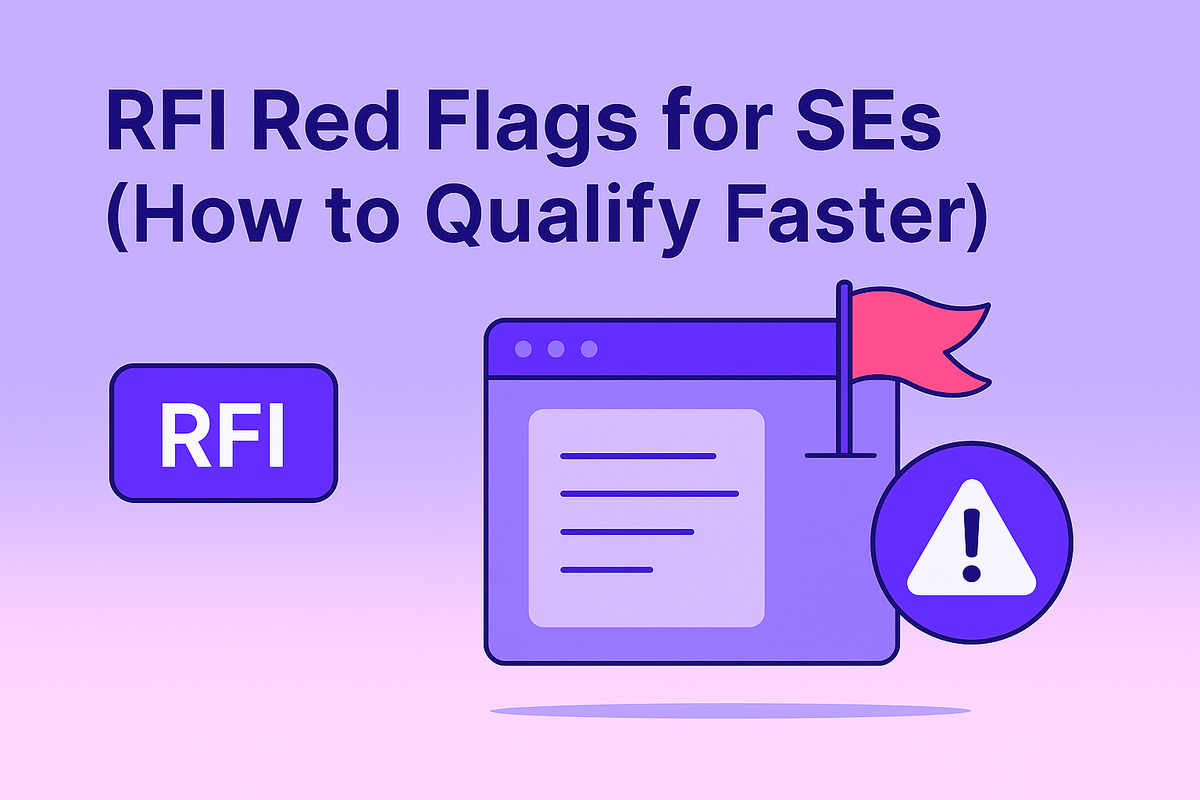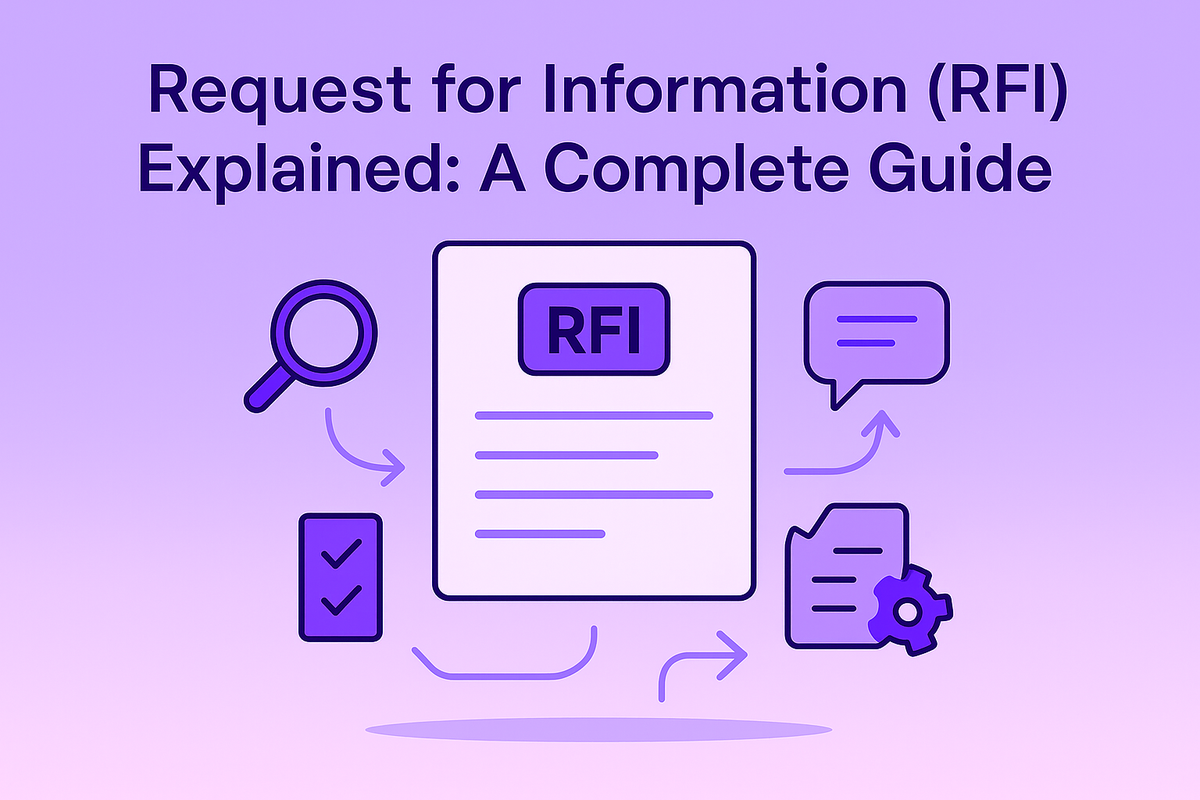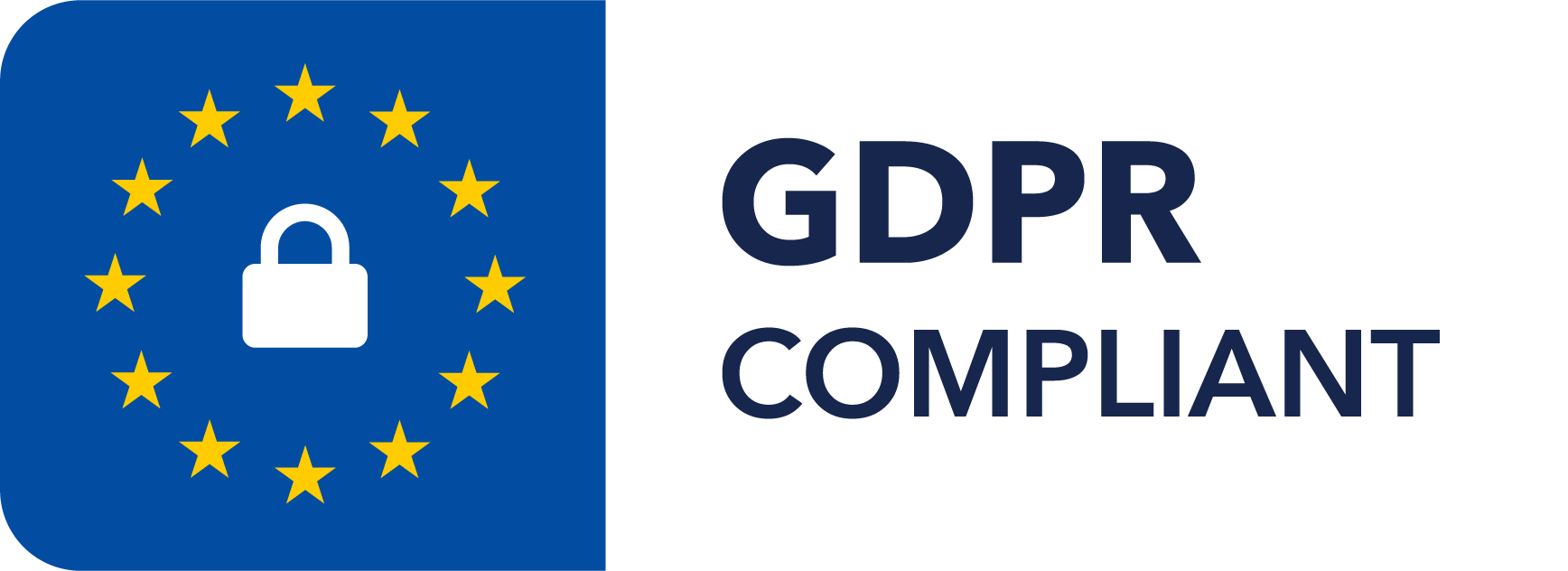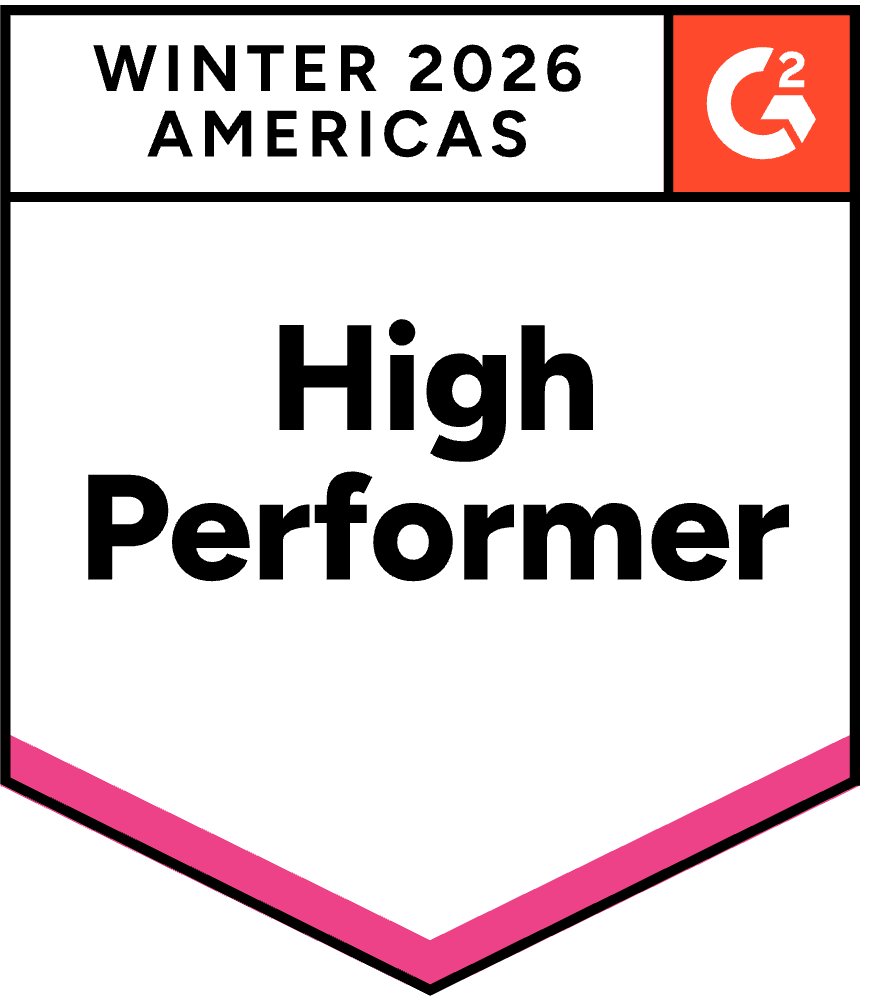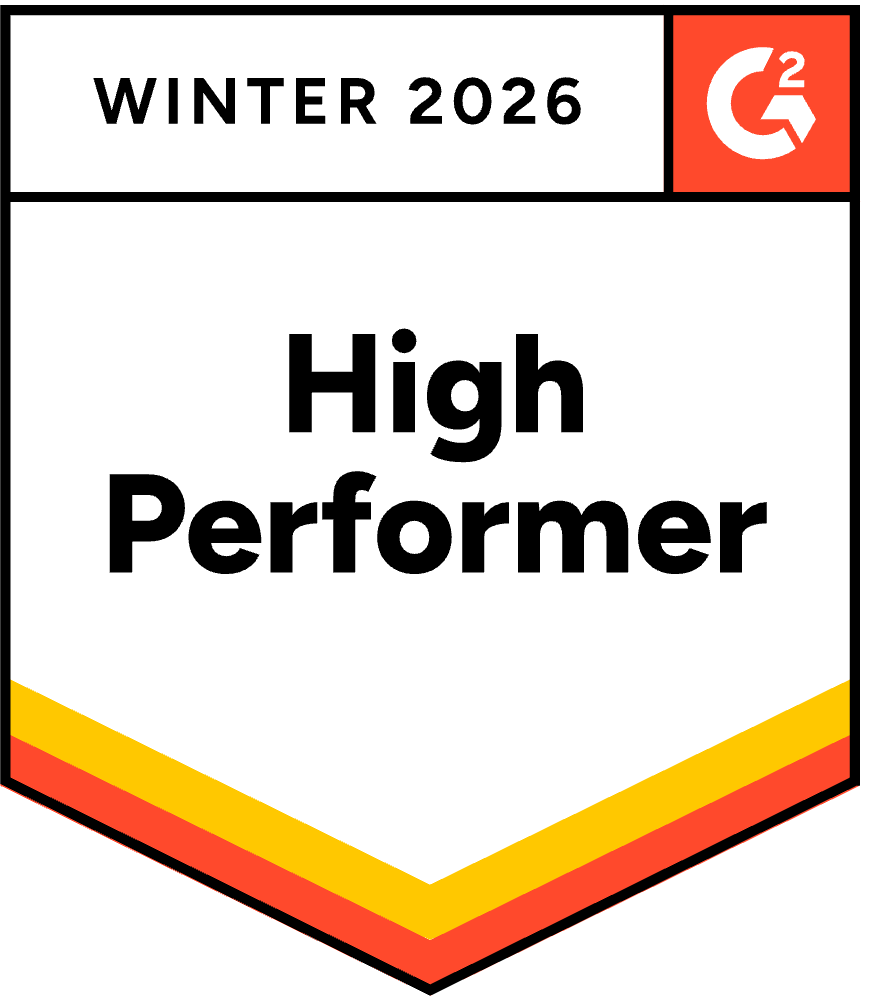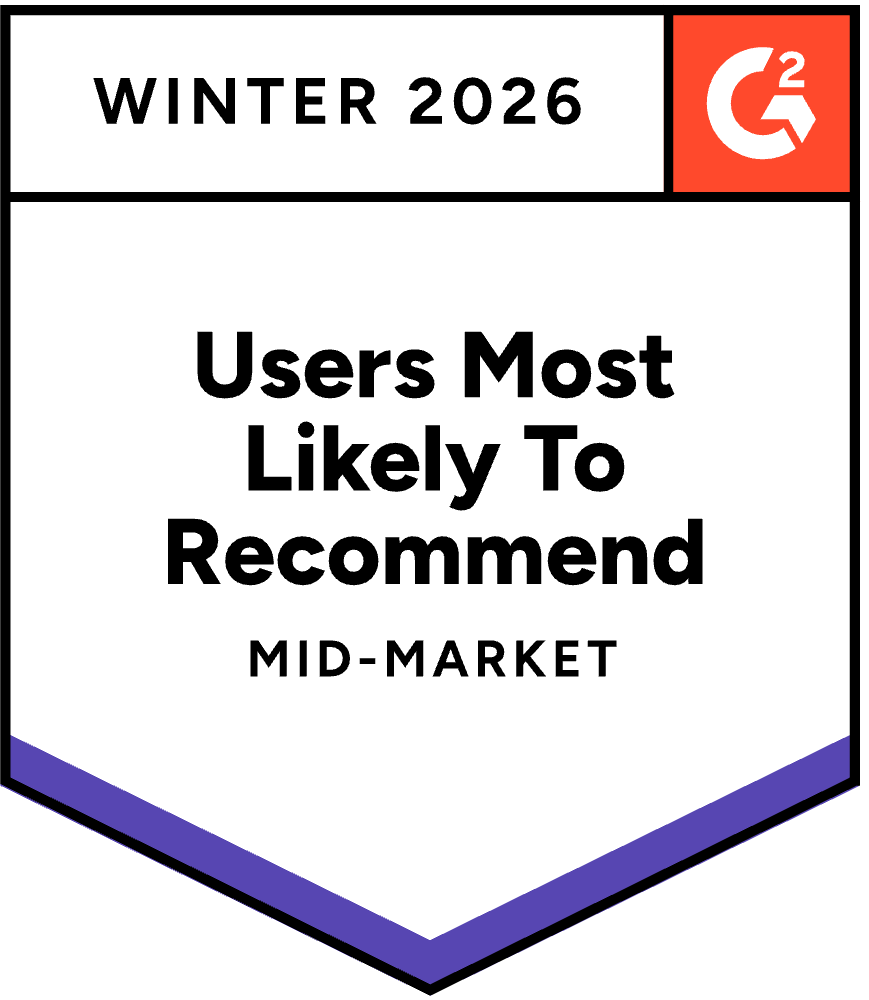Turning Proposal Responses Into a Sales Advantage
September 12, 2024
By
Sagee Moyal
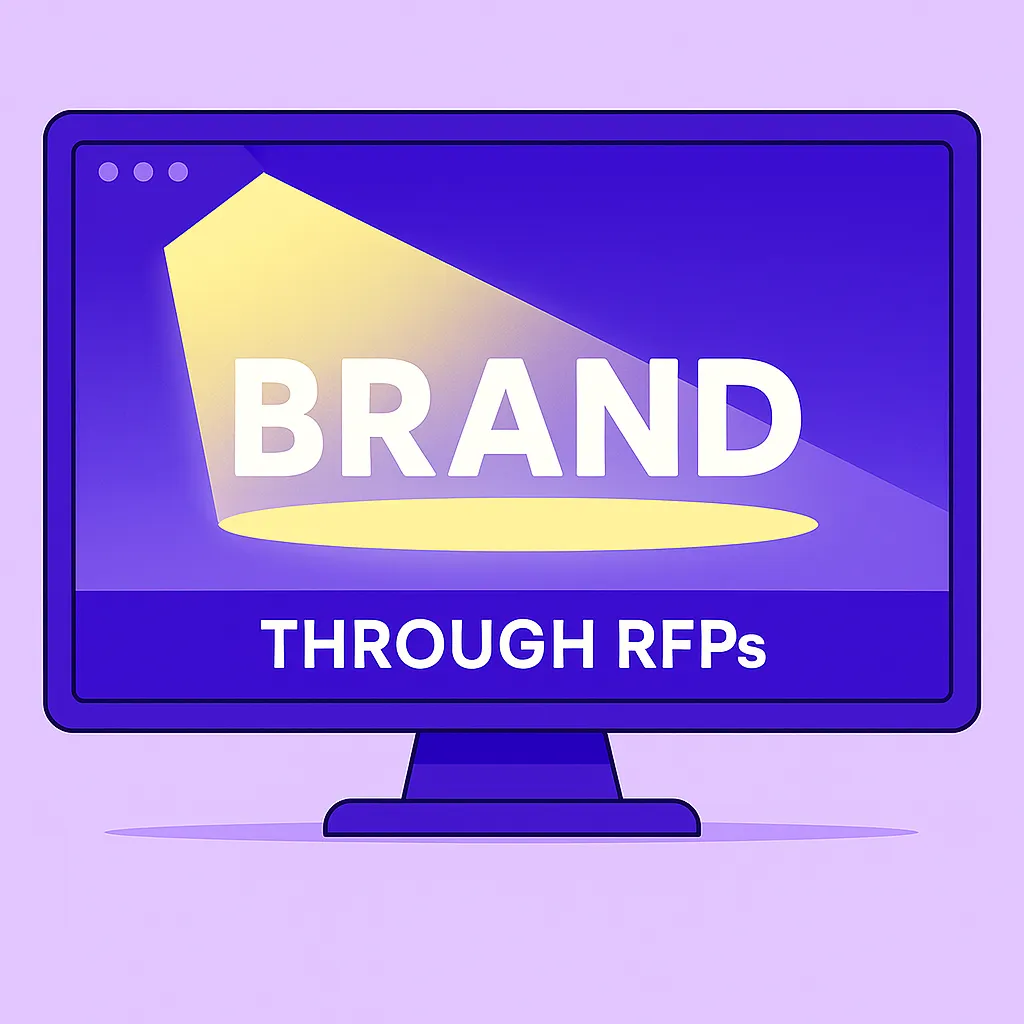
Why Ignoring RFPs Is a Mistake: Turning Proposal Responses Into a Sales Advantage
I hear so many so-called “sales influencers” on LinkedIn talking about how you shouldn’t answer RFPs (Requests for Proposals) because they’re a waste of time. I fundamentally disagree with this, and I’ll explain why.
To say that RFPs are just a waste of time driven by dusty procurement processes that force buyers to look at a few different options is as arrogant as it is shortsighted. The truth is, RFPs remain a critical part of the B2B sales cycle — and when paired with the right RFP automation software, they become a serious competitive advantage.
Why Buyers Still Use RFPs
Buyers today have access to more information than ever before. And if you’ve ever purchased technology (or just received cold emails), you know how overwhelming it can be.
That’s why RFPs and security questionnaires still matter. They help buyers:
- Cast a wide net and evaluate multiple vendors.
- Standardize how responses are compared.
- Ensure due diligence and compliance in vendor selection.
And yes — it’s completely possible your buyer is already in an active sales cycle with a competitor. But that doesn’t mean you should give up. When a buyer issues an RFP, they’re leaving the door open for competitors to impress them.
The Opportunities RFPs Create
If you treat RFPs as more than a checkbox exercise, they can open up meaningful opportunities:
- Submit better responses that stand out with personalization and accuracy.
- Get invited to a demo to showcase your product.
- Run a proof of concept (POC) if your solution aligns closely with buyer needs.
At the very least, answering an RFP helps build brand visibility for the next renewal cycle (especially if your competitor fails to impress). At best, you can disrupt an active sales cycle and win a deal you otherwise never would have reached.
Why AI RFP Automation Changes the Game
This is where generative AI and proposal automation tools come into play. Historically, responding to RFPs was slow, manual, and resource-intensive. Now, AI-powered RFP response software turns the process into a high-leverage sales strategy.
Generative AI is a force multiplier for businesses and sales teams:
- One AE can get 90% of the way to a complete RFP response in minutes instead of weeks.
- AI dynamically pulls knowledge from centralized content libraries and knowledge maps.
- Responses are tailored to the audience and context, not just boilerplate.
- Proposal managers and SMEs can focus on refinement instead of repetitive drafting.
In other words, AI RFP software empowers sales enablement teams to answer more RFPs, faster — without sacrificing quality.
From Reactive to Strategic: Building an RFP Playbook
RFPs shouldn’t be treated like one-off emergencies—they should be part of your sales strategy.
High-performing teams don’t wait for RFPs to arrive; they build systems that make responding second nature.
Here’s how to move from reactive firefighting to a scalable, proactive playbook:
- Centralize knowledge early. Keep approved content, boilerplate language, and value propositions in one searchable hub.
- Pre-build win themes. Identify what makes your solution resonate—ROI metrics, integrations, customer success stories—and bake those narratives into every draft.
- Create templates with flexibility. Let AI adapt language, tone, and emphasis based on buyer industry or persona.
- Standardize review and approval workflows. Define clear ownership across sales, legal, and compliance before you even get the next RFP.
When every RFP starts from structure instead of chaos, your team can focus on strategy, not formatting.
The result? Faster turnaround times, consistent messaging, and proposals that actually win.
How to Measure RFP ROI
You can’t improve what you don’t measure—and RFPs are no exception.
The most successful teams track their RFP performance like they track their pipeline. Here’s what to measure:
Key Metrics:
- Win Rate per RFP: The simplest and most important indicator of impact.
- Turnaround Time: How long it takes to go from RFP received to submission.
- Reuse Rate: How often teams use pre-approved content versus starting from scratch.
- Revenue Influenced: The total value of deals that began or progressed through RFPs.
Why it matters:
- Leadership sees RFPs as revenue drivers, not admin work.
- Proposal managers can prove ROI on automation investments.
- Teams identify bottlenecks and improve efficiency over time.
“Teams using Iris report up to 60% faster proposal completion and 3x higher reuse of approved answers—a direct reflection of how RFP automation compounds over time.”
By treating RFPs as a measurable part of your sales motion, you transform them from a reactive chore into a proactive growth channel.
The Bottom Line
In summary, companies can use RFP automation to:
- Build their brand and credibility in crowded markets.
- Disrupt competitor-led sales cycles.
- Reach buyers they otherwise would never have engaged.
So yes, answering RFPs with AI proposal software is absolutely a competitive advantage in modern B2B sales.
On second thought, maybe you should just keep listening to the sales influencers on LinkedIn who haven’t sold in years (or ever). Meanwhile, I’ll be feasting on all the leads they left behind.
Frequently Asked Questions
Q: Are RFPs still worth responding to in 2025?
A: Absolutely. Despite changing buying trends, RFPs remain one of the most structured and reliable ways for enterprise buyers to evaluate vendors. Teams that use AI RFP software like Iris can respond faster, personalize at scale, and uncover opportunities competitors ignore.
Q: How can AI help make RFP responses more strategic?
A: Instead of just storing answers, AI platforms like Iris analyze your knowledge base to generate context-aware drafts tailored to each buyer’s needs. This allows proposal teams to spend less time formatting and more time focusing on strategy, differentiation, and storytelling.
Q: What’s the biggest mistake teams make when managing RFPs?
A: Treating them as a reactive task instead of a repeatable system. When RFPs rely on one person’s memory or a patchwork of old templates, consistency breaks. Centralizing content and using automation ensures speed, accuracy, and compliance — even when key people are offline.
Share this post
Link copied!




